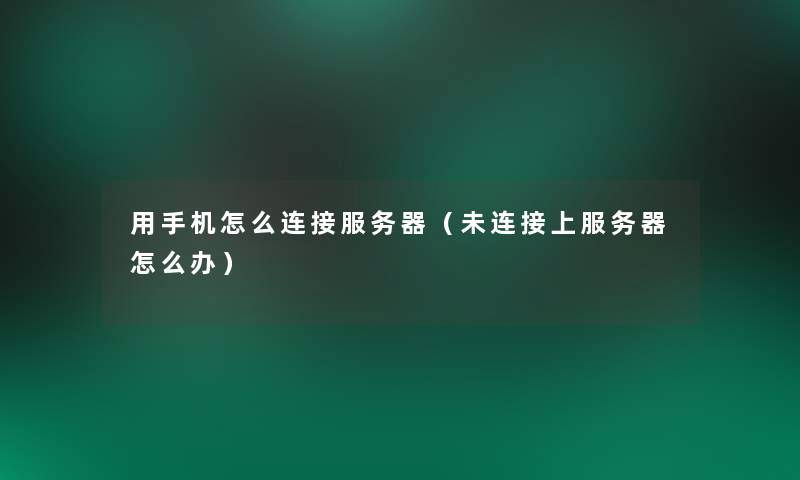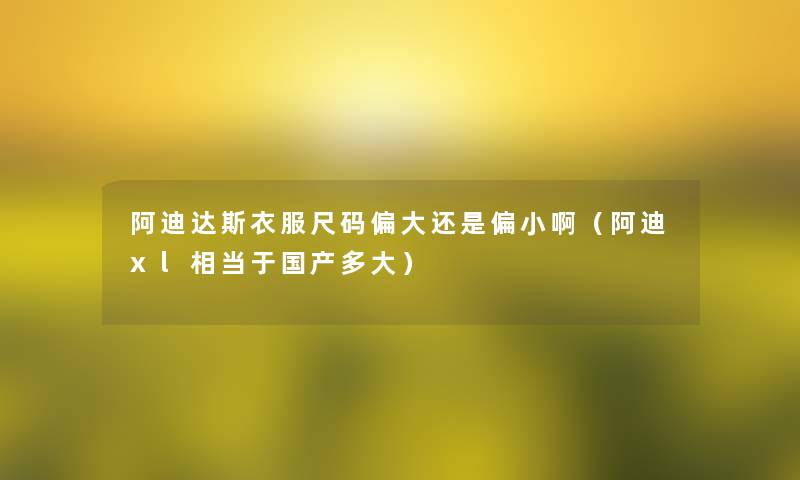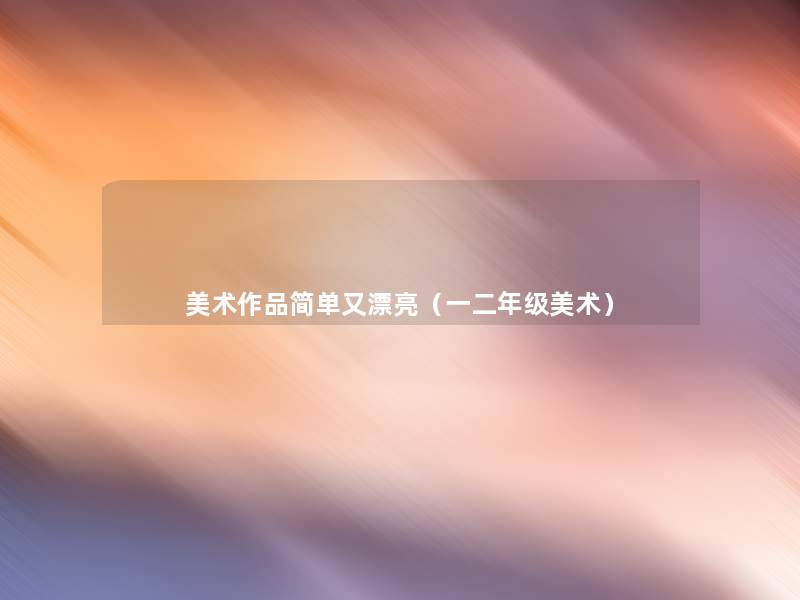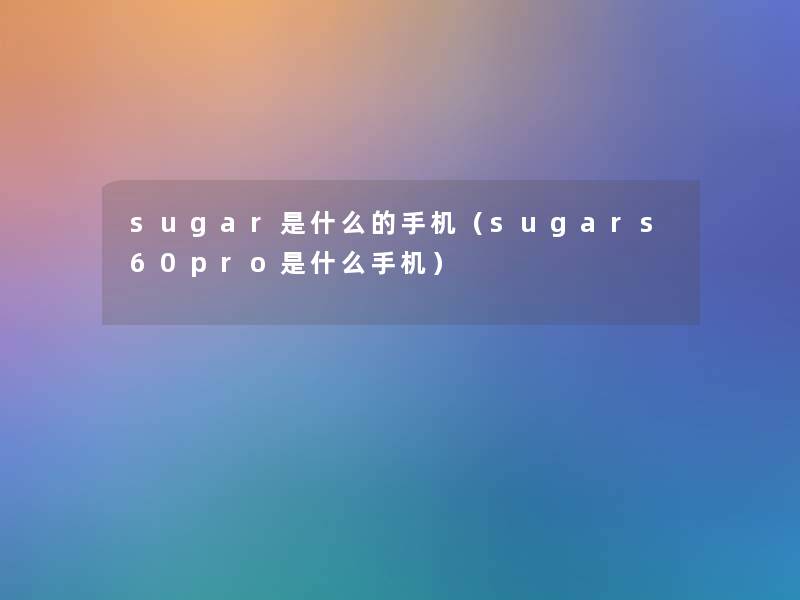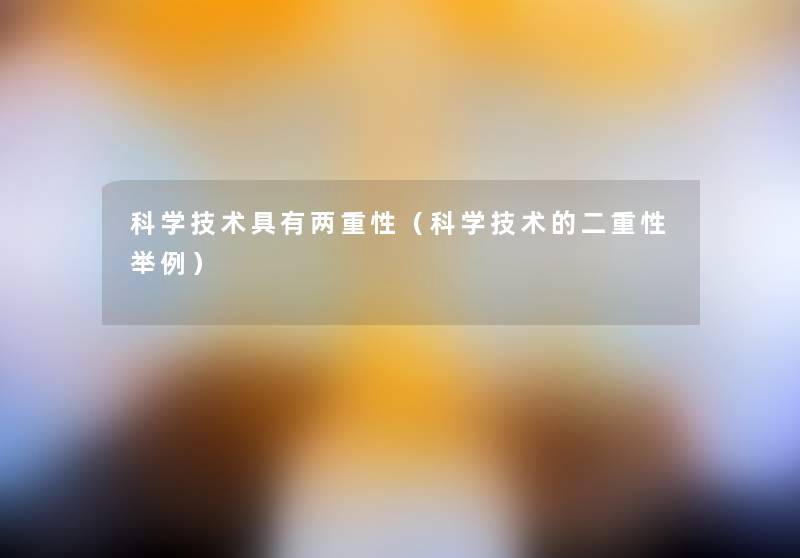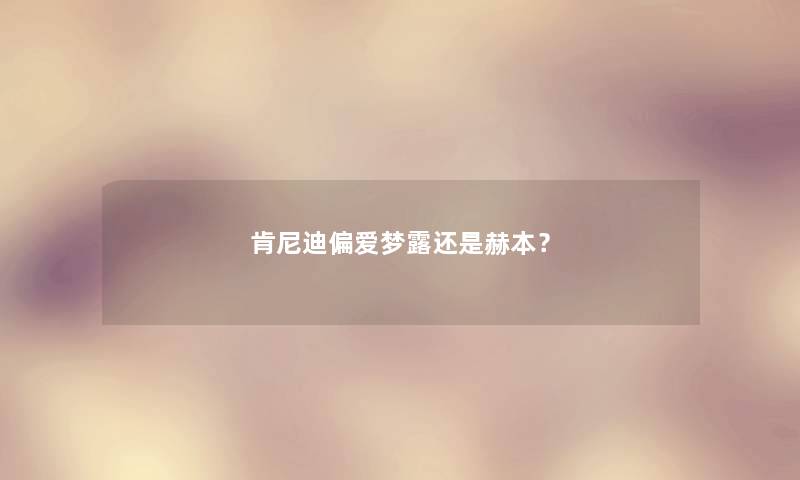What's the Difference Between Poor and Terrible?
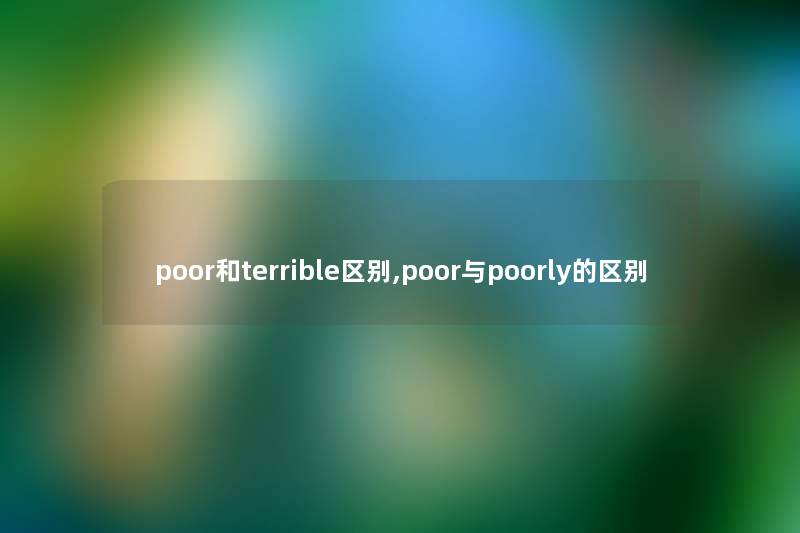
When it comes to describing something or someone negatively, the words "poor" and "terrible" are often used interchangeably. However, there are subtle differences between the two that can affect the tone and meaning of a sentence. In this article, we'll explore the nuances of these two words and how they differ from each other.
Poor vs. Terrible: What's the Difference?
Both "poor" and "terrible" can be used to describe something that is of low quality or unsatisfactory. However, "poor" tends to be a milder term that implies a lack of something, while "terrible" is more severe and implies something that is actively bad or unpleasant. For example:
- A poor student might struggle with their grades, while a terrible student might disrupt the class and refuse to learn.
- A poor meal might be bland or unsatisfying, while a terrible meal might be undercooked or spoiled.
- A poor movie might be boring or forgettable, while a terrible movie might be offensive or poorly made.
Overall, "poor" is a more neutral term that can be used to describe something that is simply not up to par, while "terrible" is a more negative term that suggests something actively wrong or unpleasant.
Poor vs. Poorly: What's the Difference?
Another common confusion is between "poor" and "poorly." While they may sound similar, they have different meanings and uses. "Poor" is an adjective that describes a noun, while "poorly" is an adverb that describes a verb. For example:
- A poor student might perform poorly on a test.
- A poor meal might be cooked poorly.
- A poor movie might be directed poorly.
In other words, "poorly" is used to describe how something is done, while "poor" is used to describe the thing itself. Keep in mind that "poorly" can also be used to describe someone's health or condition, such as "I'm feeling poorly today."
Conclusion
While "poor" and "terrible" may seem interchangeable at first glance, they have different connotations that can affect the tone and meaning of a sentence. Similarly, "poor" and "poorly" have different uses and meanings that should not be confused. By understanding these nuances, you can use these words more effectively in your writing and speech.
本文看点
Poor and terrible, poor vs. terrible, poor vs. poorly

